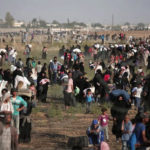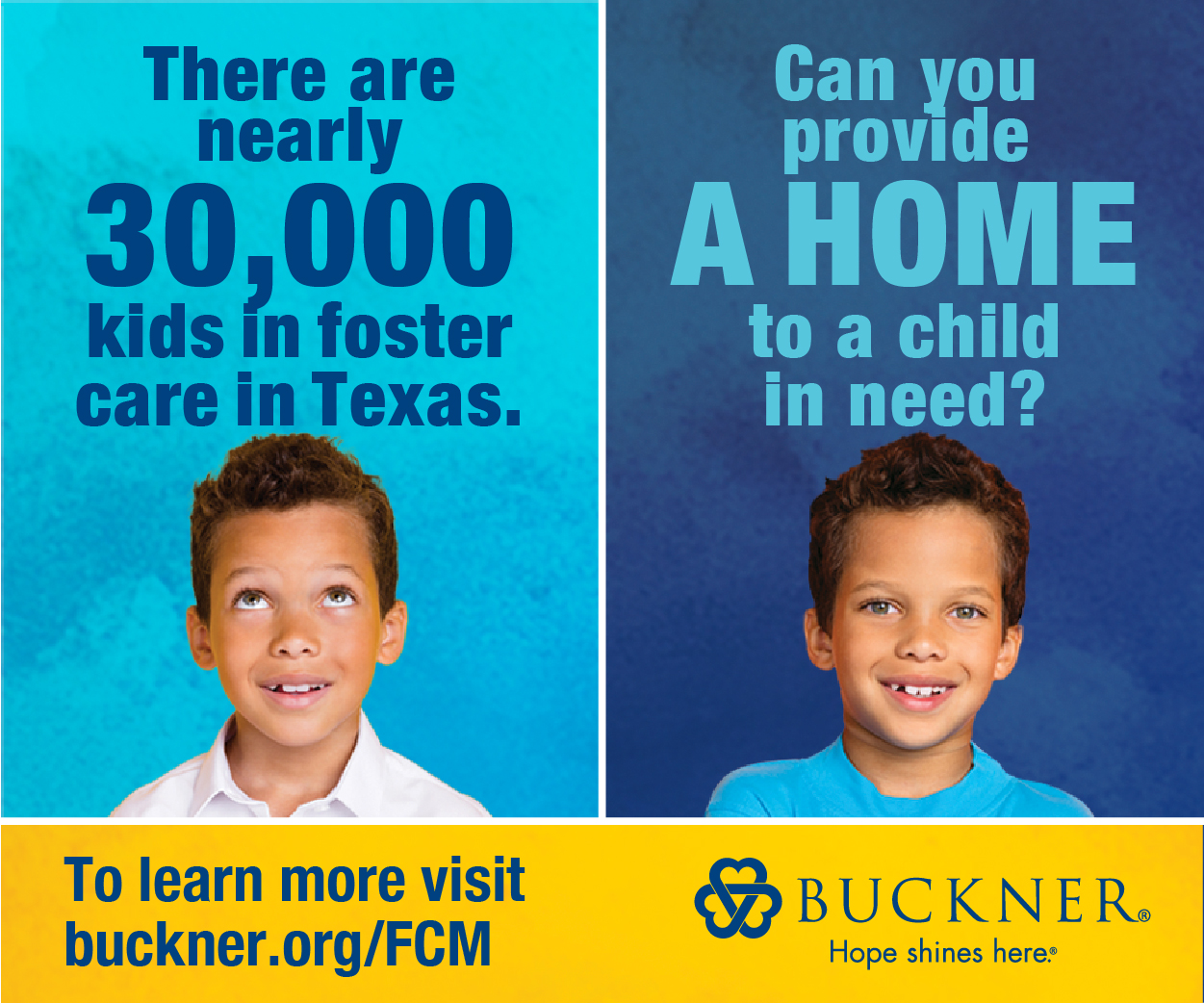As they open their churches and homes to Ukrainian refugees, Romanian Baptists are learning lessons about generosity, perseverance and sharing the gospel, a pastor and denominational leader in Romania said.

Of the 4 million Ukrainians who have fled their homeland since the Russian invasion on Feb. 24, more than a half-million have escaped to Romania.
Pál Borzási, vice president of the Romanian Baptist Union, believes his nation as a whole has noticed evangelical Christians—particularly Baptists, Pentecostals and Brethren—have welcomed refugees most graciously.
“Thus, through our love toward the refugees, we also witness to other Romanians around us, as they see how we open our houses to complete strangers and receive them to become like our family members,” said Borzási, pastor of Hungarian Baptist Church of Pericei and general secretary of the Hungarian Baptist Convention of Romania.
“Hopefully, this will have a good impact upon our evangelistic endeavors among them and pave the way of the gospel toward them.”
Impact on nation and churches
In a March 30 email, Borzási reflected on how receiving massive numbers of refugees has affected his country and its churches.
“From a humanitarian point of view, it mobilized our country’s goodwill toward the refugees in general,” he wrote. “This is shown in the way people receive them into their homes, how they are helped by several segments of society, and in how many different ways they are helped.”
Borzási attributes the compassionate response of his country both to “God’s common grace” and to the impact Christianity has on Eastern European culture and society, which he characterizes as “still stronger than in Western Europe.”
“Nevertheless, it must be emphasized that the greatest number of people involved in helping the refugees are not unbelievers but evangelical church members, like Baptists, Pentecostals and Brethren.”
Sign up for our weekly edition and get all our headlines in your inbox on Thursdays
The influx of refugees undoubtedly will affect Romania economically and demographically, he noted.
“Those who stay for good and begin to work will ease the shorthanded situation of Romania,” he wrote. A 2018 study revealed four out of five Romanian employers had difficulties filling positions.
“But they will also increase the population growth, with which the country is greatly struggling at the moment,” he added.
Open to the gospel
Borzási believes the kindness Christians are showing to Ukrainians has the potential to make them more receptive to the gospel.
“Hopefully, the love they experienced through our churches will make them more open to the gospel and come to faith in Jesus,” he wrote.
Borzási pointed to personal experience with refugees in his family’s home.
“We already had unbelieving refugees in our house for two weeks, and how joyful I was to be able to talk to them about Jesus, via another refugee in our home who is a Christian,” he stated.
Romanian Baptist churches have adapted and made necessary adjustments to minister to refugees, Borzási reported.
Hungarian Baptist Church of Pericei installed showers and made other structural adjustments to house refugees. During Sunday worship services, sermons are translated first into English and then into Ukrainian so everyone present “may hear the gospel,” he noted.
Some Ukrainian missionaries also are working in his area—Sălaj County in central Romania. Every other week, Baptist churches in the region organize meetings where the Ukrainian Christians can minister directly to refugees in their own language and out of a shared cultural context, he stated.
In a March 24 update, the European Baptist Federation reported Christians in Bucharest established the Ruth Refugee Center, which has provided more than 100 Ukrainians safe overnight lodging since it opened in early March.
The center has a fully equipped kitchen, cafeteria, laundry facilities, a room for children’s activities and computer access for adults. Volunteers provide support and welcome to the refugee families.
The EBF report quoted one refugee who told the Christian volunteers, “I have never met people like you in my life.”
Learning lessons
The first lesson Romanian Baptists are learning from the experience of ministering to refugees is “that is better to give than to receive,” Borzási wrote.
“So far, we Romanians were continuously blessed by Western Christians both financially and spiritually as they helped our churches and institutions in so many ways. Perhaps I can say without any hesitation that this is the first major opportunity for us to show love to others on such a large scale,” he stated.
“Of course, this is our time. If we neglect this now, this opportunity may not come back in our lifetime.”
Romanian Baptists also are learning the difference between a short-term act of hospitality to a guest “who may stay a week at the longest” and a steadfast commitment to sharing life together “week in and week out, perhaps for months.”
“Many Romanians thought the war would be over in a few days and then the refugees would return to Ukraine,” he wrote. Instead, the war has continued, and the number of refugees entering Romania has increased.
“Of course, this turns our family life somewhat upside down, for we must learn how to live together in the same household,” he acknowledged.
“Soon, it became obvious that it is faithfulness that counts here, not the initial flash in the pan.”
It is one thing “to receive refugees into our homes with initial fervent zeal” and another to persevere over the long haul—“to continue to love them sacrificially and to live under the same roof with so many people,” he wrote.
Redeeming the time
At the same time, Romanian Baptists recognize some refugees are just passing through Romania on their way to other destinations, and they must “redeem the time for evangelism,” Borzási wrote.
“Many refugees want to move on to Germany and France. So, they stop in our church just for one night. Therefore, we have to learn how to show love to them and find ways to share the gospel with them even during one evening and one morning,” he explained.
Ministry to refugees carries a cost to families and churches who shelter them, he added. Refugees need food, clothing, linens, transportation, medicine and internet access, among other things.
“We praise God for his providence and for the generosity of those people who help us carry the burden,” he wrote.
Borzási asked Christians in the West to pray that Romanian believers will “not become weary in doing good,” but to remain steadfast in ministry.
“Please pray for us to do everything in love, to receive the refugees with thankfulness, and to persevere in doing good,” he wrote.
















We seek to connect God’s story and God’s people around the world. To learn more about God’s story, click here.
Send comments and feedback to Eric Black, our editor. For comments to be published, please specify “letter to the editor.” Maximum length for publication is 300 words.